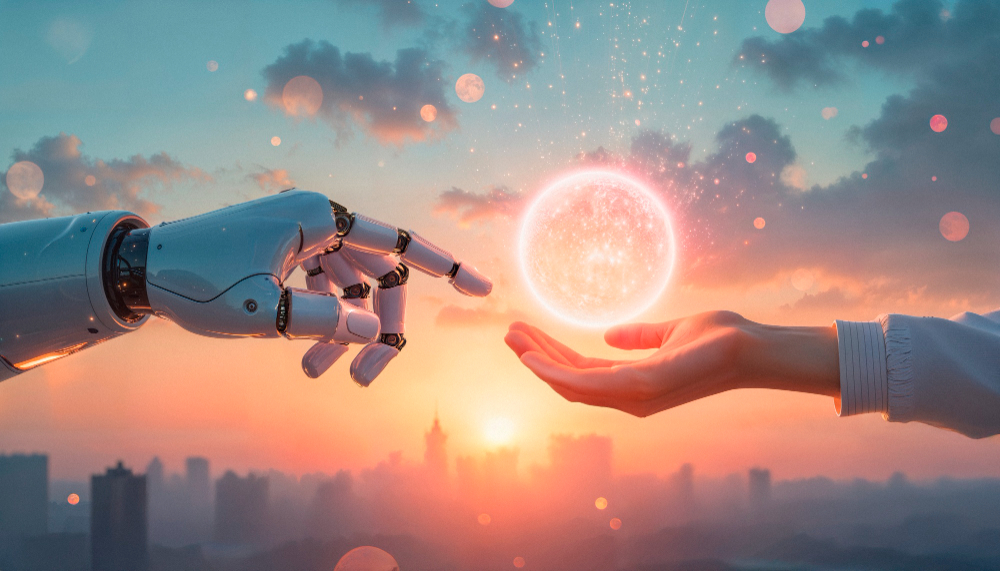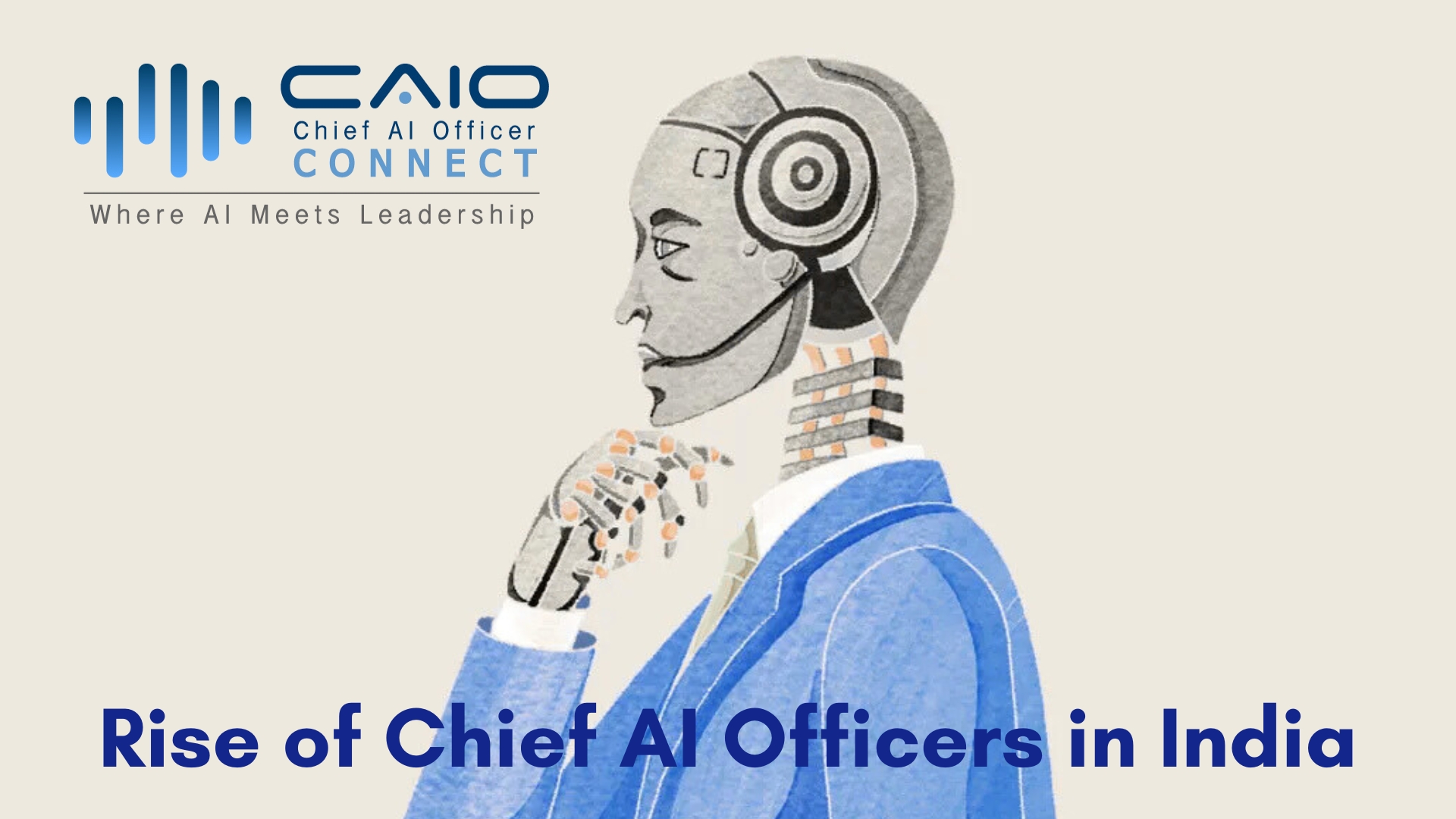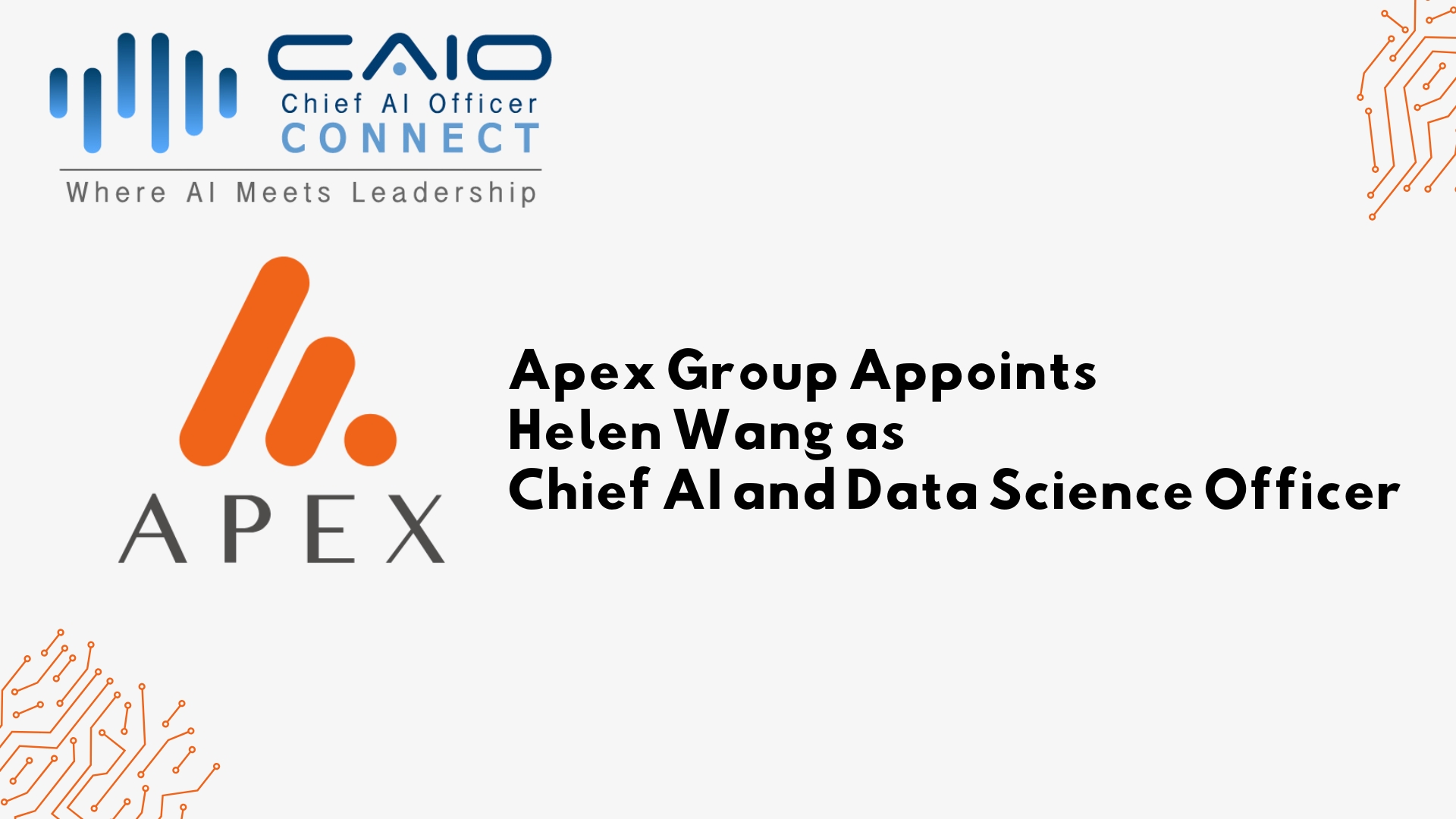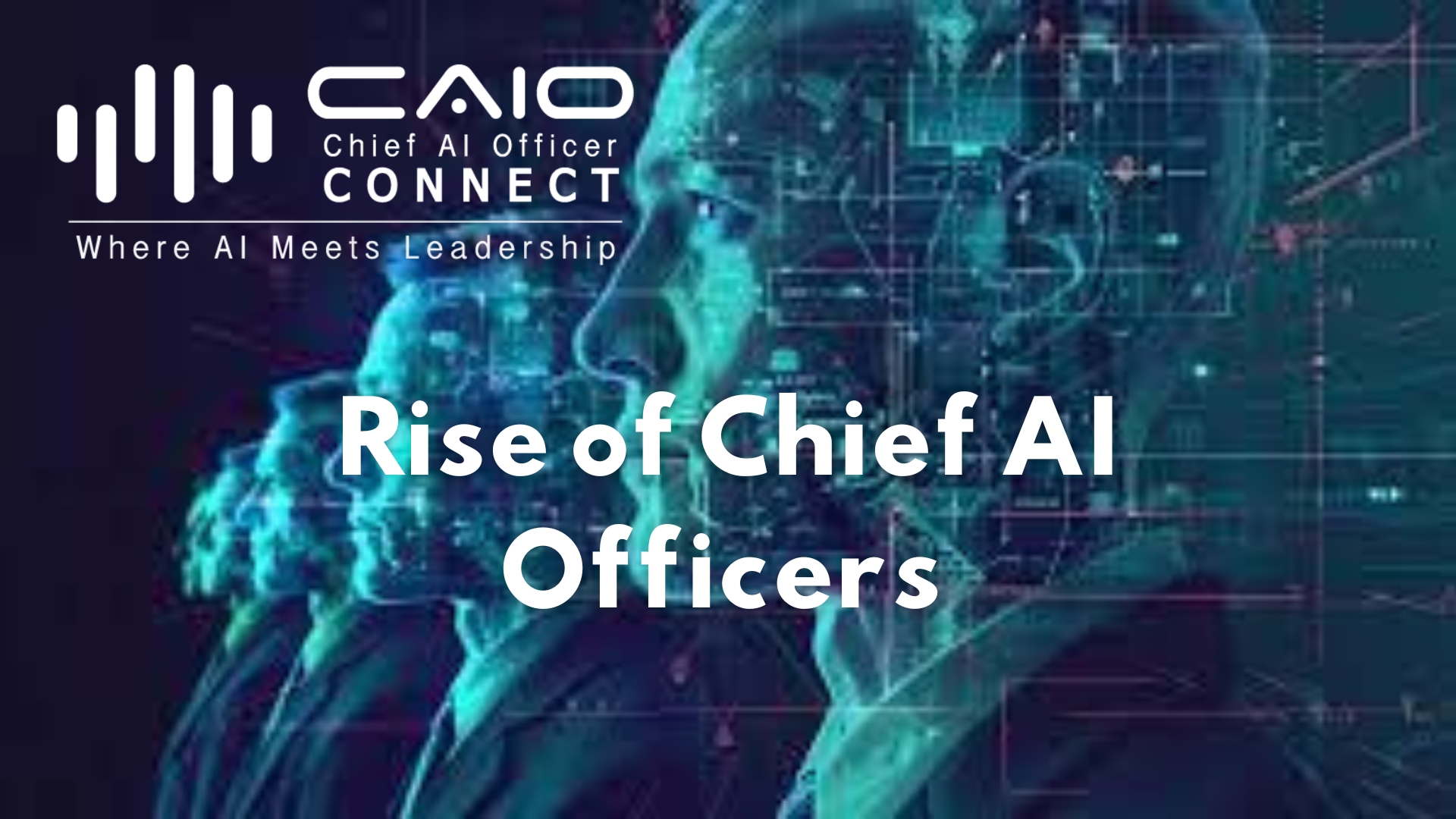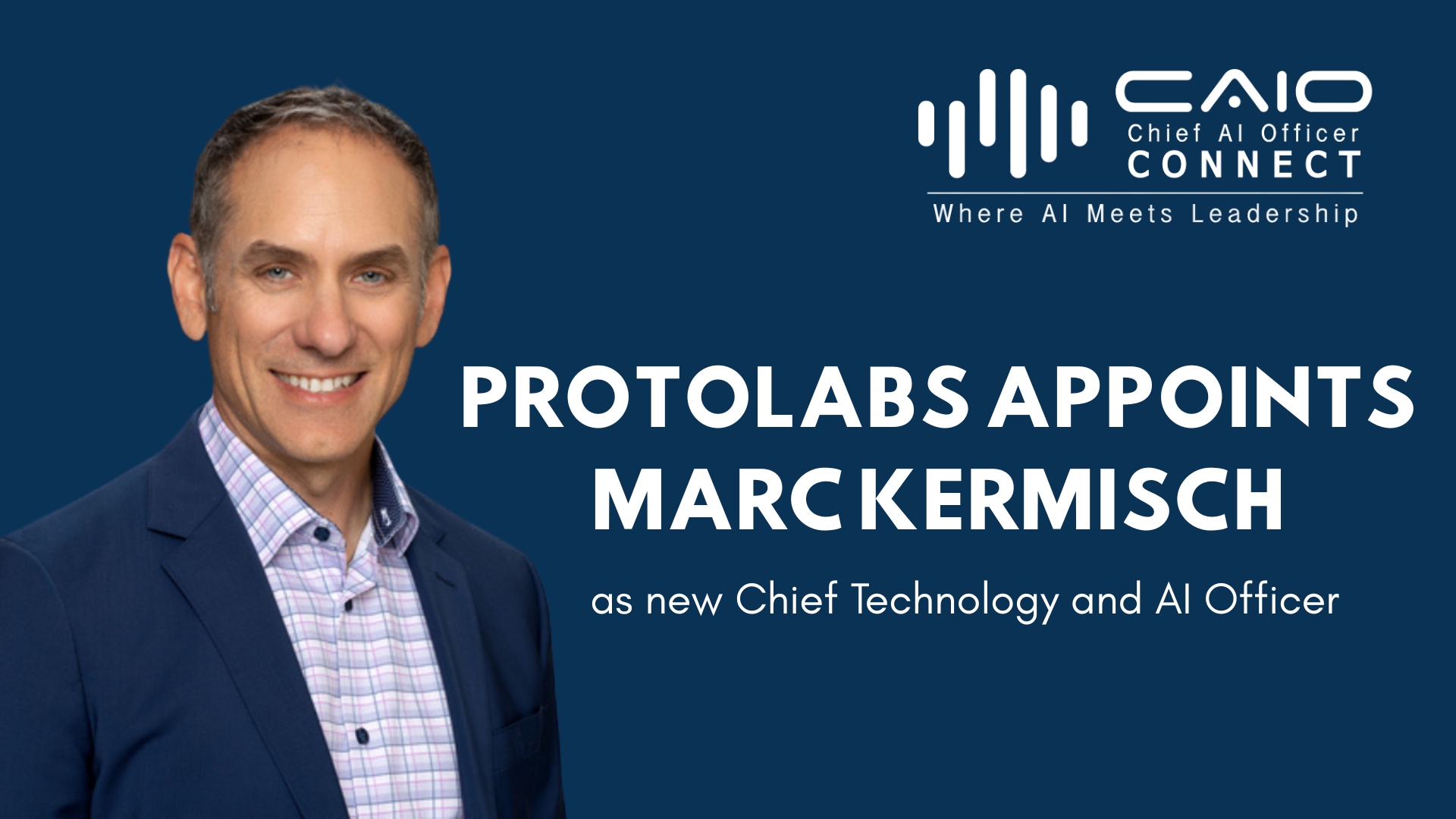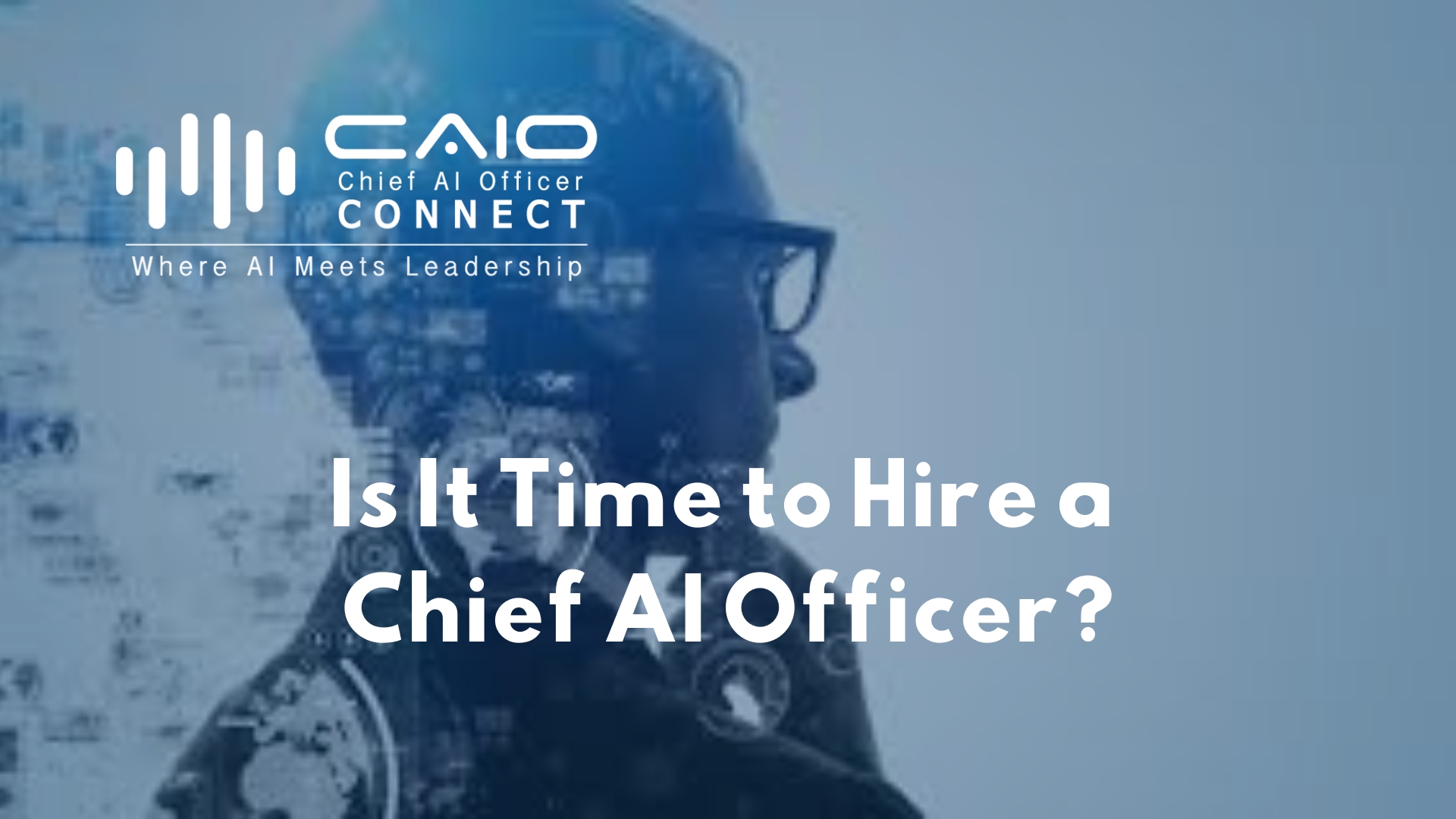AI Is Becoming the New Coder: How Meta and Microsoft Are Redefining Software Development
Artificial Intelligence is no longer a support function—it’s evolving into a core component of how software is created. Two of the world’s biggest tech companies, Meta and Microsoft, are leading the charge in reshaping software development through AI. This shift is not about automation alone; it’s about redefining the role of the engineer and accelerating the development lifecycle.
At the heart of this transition is a bold new vision: AI tools are no longer assistants—they’re co-developers. Already, AI systems are helping write substantial portions of production code, perform complex debugging, and streamline testing. What was once considered a novelty is fast becoming the norm.
From Code Writers to Code Supervisors
Microsoft reports that a significant percentage of code across its products is now written by AI. In some cases, AI is responsible for nearly all the initial drafting of code, with human engineers playing the role of reviewers and refiners. Rather than replacing developers, AI is shifting their focus—from being code writers to becoming code supervisors and architectural thinkers.
Similarly, Meta is investing in AI systems designed not just for autocompletion but for comprehensive coding—capable of writing, testing, and optimizing code independently. The company believes AI will soon be responsible for half of its engineering output. This evolution is helping their teams build faster, experiment more boldly, and respond quickly to changing market demands.
Building the Infrastructure to Scale
Behind the scenes, both companies are making massive investments in AI infrastructure. Billions are being poured into GPU clusters, advanced data centers, and large-scale training systems to support the rise of coding copilots. These investments aim to enable not just greater scale but smarter, more context-aware AI agents that understand project goals, design systems, and long-term business logic.
These moves indicate a long-term commitment—not just to AI as a tool, but to AI as a transformative shift in enterprise software development.
What This Means for the Industry
The impact of this shift isn’t limited to tech giants. As AI development platforms become more accessible, companies of all sizes are beginning to explore how AI can reduce development time, cut costs, and unlock new product possibilities. Meanwhile, the role of the developer continues to evolve—from syntax and structure to strategy and supervision.
For aspiring engineers, this change signals a new type of skill set. Understanding AI systems, learning prompt engineering, and developing oversight frameworks may soon be as essential as knowing a programming language.
The Future is Collaborative
Looking ahead, the relationship between humans and machines in the world of coding will become more collaborative than ever. Developers will not be replaced—they will be empowered. AI will handle the repetitive and scalable tasks, while humans will guide the vision, context, and ethical boundaries.
The companies leading this change aren’t just accelerating development—they’re reimagining what software engineering can be. And in doing so, they’re building a future where AI and human creativity work hand in hand.


